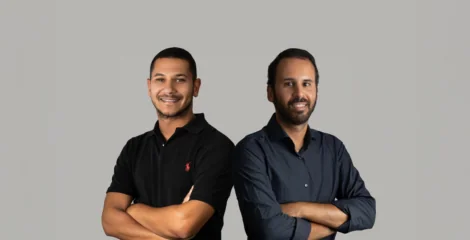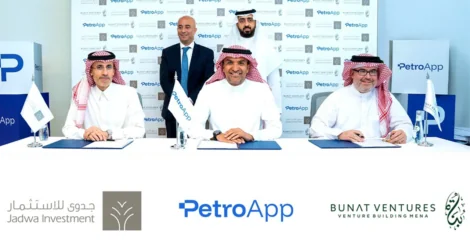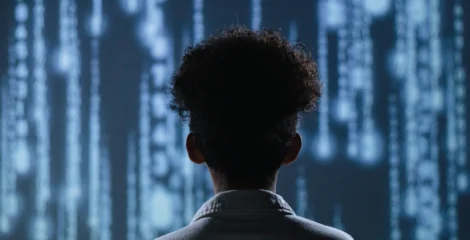iSchool Egypt is the first parallel education program in Egypt to offer STEM subjects to its students. STEM stands for science, technology, engineering and mathematics; subjects that don’t receive a lot of attention in Egypt’s primary and secondary education. The school was founded by Muhammed Gawish and Mostafa Abdelmonem in 2018. Who decided to open iSchool after the two travelled to Japan to attend a robotics competition and saw how much STEM was integrated into the country’s education and the positive effect it had on the country. These kids were able to grasp complex concepts and practically apply their learning. Both Gawish and Abdelmonem were inspired to offer the same type of education to Egyptian students.
In iSchool’s program, kids aged 4-17, are divided into groups of four which allows them to receive more individual attention, an essential aspect for the development of any student. School kids can enroll in one of iSchool’s 3 to 12-month programs, attending classes twice a week and on weekends in addition to their standard secondary education. The school uses a three-step learning process called “Learn, Make and Share”. This allows students to learn new skills, such as programming or graphic design, apply what they have learnt practically, by building robots for example, and present what they have made to their classmates. This enables students to describe what they have learnt and how they overcame any difficulties they encountered.
iSchool addresses major problems in Egypt’s education system. Gawish says teamwork is not integrated enough into Egypt’s national education and there needs to be a greater emphasis on STEM and what he describes as ‘trend technologies’, including robotics and software programming. Furthermore, there is a severe lack of teachers with the necessary skills to teach STEM to kids. That’s why iSchool offers intensive learning courses for teachers every three months to equip them with the tools they need. So far, it has trained 50 teachers, and has partnered with four other schools across Egypt where they train other teachers on how to integrate STEM into their lessons. Alternative education like this is hard to find in Egypt and often charges parents expensive fees. However, iSchool’s fees are relatively inexpensive, especially considering the level of education on offer.
So far, the school has been a success. Before it had even launched, more than 20 parents had enrolled their kids in the school. Since then, over 6,000 students have gone through iSchool’s courses and students have taken part in national and international competitions. Most recently, the school’s robotics team won the national All Egypt Robot Sumo Tournament 2019, and the winners qualified to participate in an international technology competition in Japan. According to one iSchool student, Abdelrahman, the experience in Japan “complemented what I learned in Egypt.” iSchool has even partnered with international education programs like LEGO Education, which empowers children to learn about robotics using classic robot toys.
“I was the youngest one traveling with iSchool to Japan. It was a completely new experience for me and complemented what I learned in Egypt.”
Abdelrahman Magdy, iSchool student
Abdelrahman Magdy is one of iSchool’s top students. He says that the school’s courses have inspired him to seriously consider a career in robotics through its hands-on workshops – something that is not offered in his normal education.
The Importance of Teaching STEM Globally
Around the world more attention is being paid to the importance of teaching STEM in schools. The U.S. National Science Foundation has said that a strong foundation in STEM is vital for students to be successful in the digital age. In Egypt, the United States supported the Egypt STEM Schools Project, a partnership between the Egyptian Ministry of Education and a number of international education organisations. The project, which ran from 2012-2017, established 11 STEM schools which can serve as a model of how to integrate these subjects into the school curriculum.
Gawish hopes that Egypt will one day be able to emulate the success of India and Singapore, two countries with young, vibrant and skilled workforces. They plan on starting summer camps for children during the summer holidays where they’ll be offered the school’s unique education and will soon start rolling out its digital education platform, allowing kids to learn about STEM from home. Gawish and Abdelmonem want to push kids into more creative fields when they start their careers and avoid the monotonous jobs that don’t inspire them to do more. iSchool’s social impact is enormous: they are instilling a strong entrepreneurial spirit in the next generation of Egyptians, equipping them with the technical skills of the future.
If you see something out of place or would like to contribute to this story, check out our Ethics and Policy section.









